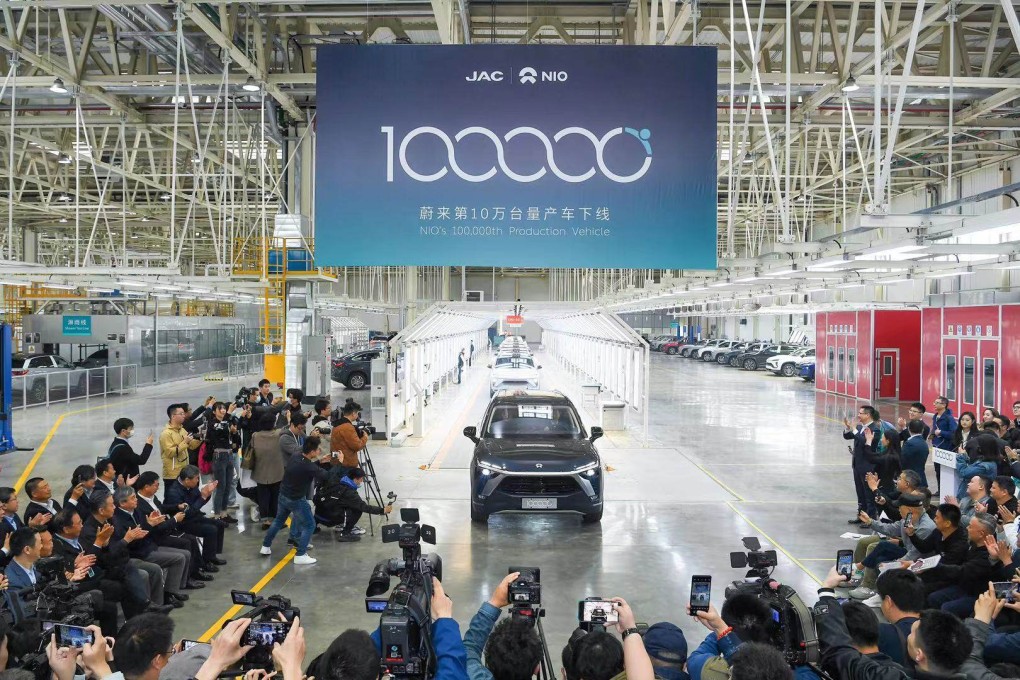Advertisement
Opinion | How a wave of innovative Chinese EV start-ups is breaking into Europe
- Chinese carmakers are finding a warmer reception in Europe compared to just 10 years ago, as China-made EVs start to garner positive reviews for innovation and affordability
Reading Time:3 minutes
Why you can trust SCMP
1

Compared to Geely Automobile Holdings’ efforts more than a decade ago, today’s Chinese electric vehicle (EV) makers with ambitions to break into the global market are finding that consumers are friendlier towards China-made cars, especially in Europe. Chinese start-up NIO, for example, is expected to deliver its first batch of EVs to customers in Norway next month to growing consumer anticipation.
Interest in Chinese EV brands has been growing in Europe, said auto experts in Europe and China, including CleanTechnica’s Alex Voigt in Germany and fellow engineer Daniel Millet, who is based in Oslo.
NIO, in particular, is watched with interest in the European market, not only because the company is well known among stock traders and investors after its stock performance last year, but also because there is a big appetite for premium EVs.
Advertisement
Sino Auto Insights managing director Tu Le in Beijing agreed that consumer perceptions of Chinese EVs are increasingly positive. In the Chinese domestic market, consumers are confident that even EVs made by new start-ups like NIO are well-designed, of good quality and reliable.
There were no pre-orders for NIO’s vehicles in Norway. But drivers in Europe are likely to keep an open mind to a new Chinese brand as long as it can deliver what they want in terms of innovation.
Advertisement
Advertisement
Select Voice
Select Speed
1.00x

